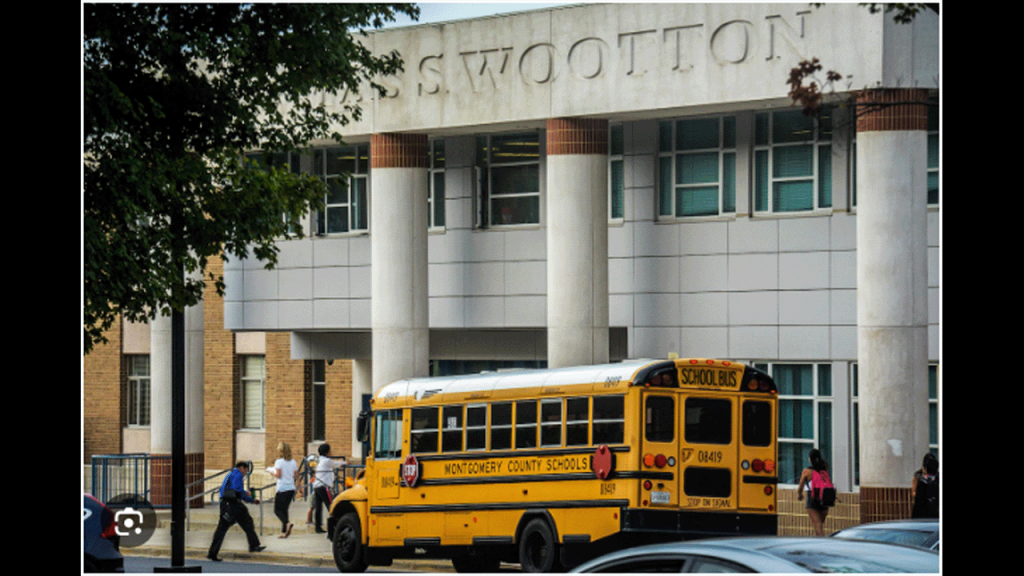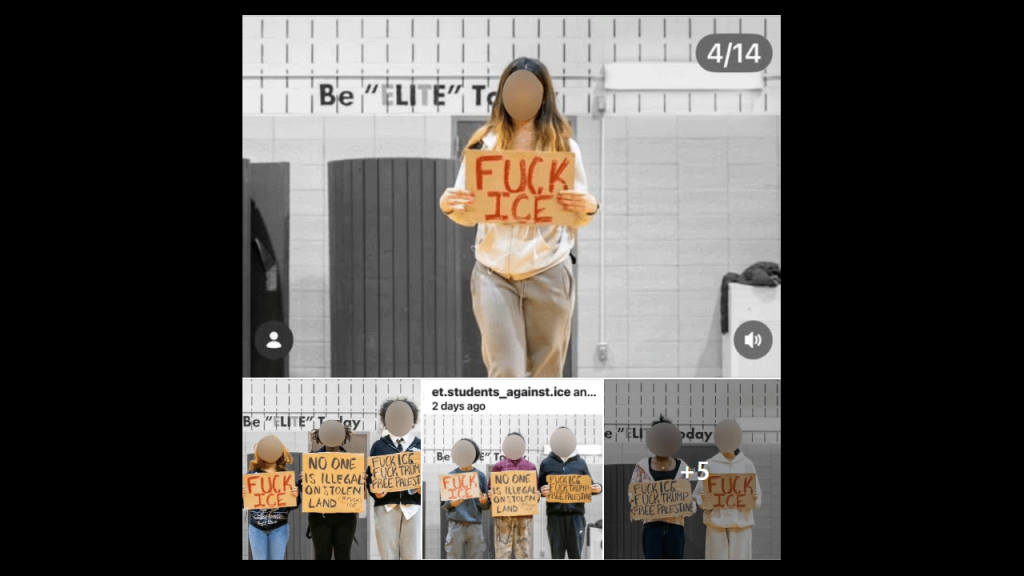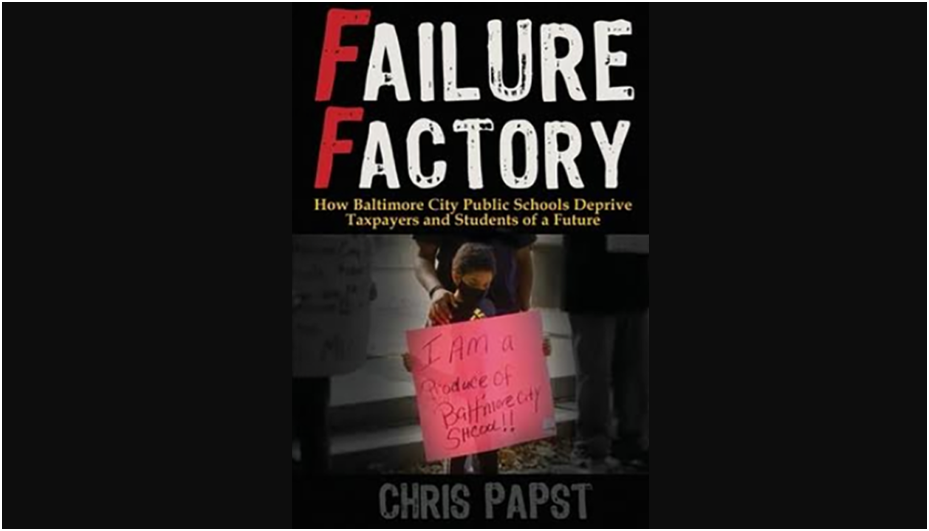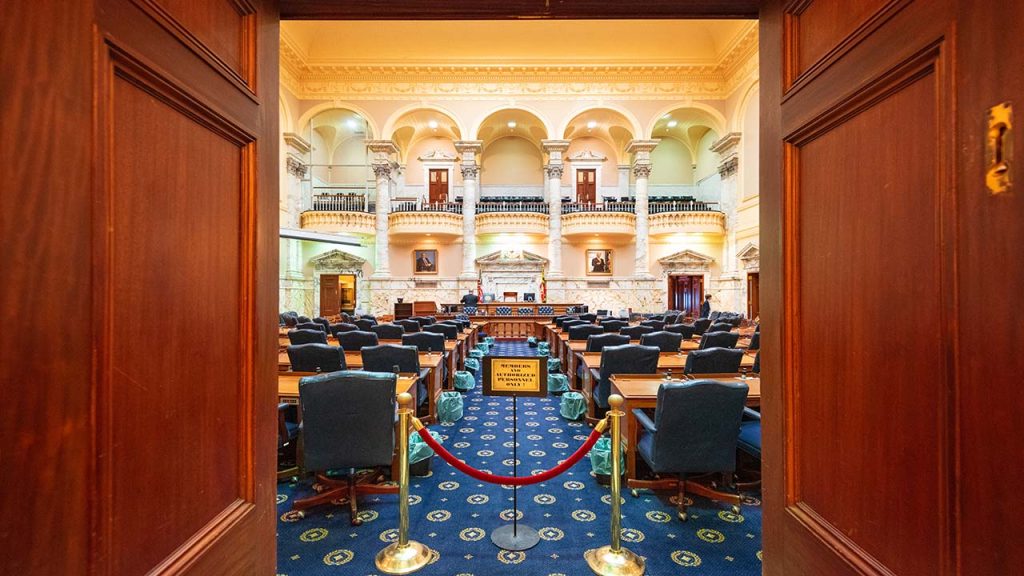
The Challenge of Growing Dual Language Programs, in Charts
As the English learner population grows nationwide, researchers and education leaders are grappling with how best to serve these students.
For years, research has pointed to dual language immersion schools as a reliable option for English learners and their monolingual English-speaking peers to achieve academic and linguistic success. However, a longstanding dearth of bilingual educators has made it difficult to ensure universal access to this type of programming.
New research from The Century Foundation, a progressive think tank, explores the challenges in growing a bilingual teacher workforce as well as potential federal and state policy solutions.
Researchers say the need for more bilingual educators is pressing, considering that the national growth of English learners is happening in regions that historically have not had large English learner populations.
Even in states with larger English learner populations, and efforts underway to invest in dual language immersion programming, the percentage of English learners enrolled in these programs remains uneven nationally.
As states and local districts work to build up pathways for community members to pursue teaching credentials, and thus grow the number of bilingual teachers, part of the work entails better communication of available resources. In a 2021 study, researchers found that not all state education agencies make information about bilingual certification processes publicly and readily available on their websites. That can create an unnecessary obstacle to inspiring more bilingual individuals to consider a teaching career, researchers said.
Still, education leaders from Texas, California, and Georgia offer suggestions for strategies local leaders can pursue to motivate and support new cohorts of bilingual teachers.
Dig Deeper With Our Longreads
Newsletter Sign up to get our best longform features, investigations, and thought-provoking essays, in your inbox every Sunday.
The MEN was founded by John Huber in the fall of 2020. It was founded to provide a platform for expert opinion and commentary on current issues that directly or indirectly affect education. All opinions are valued and accepted providing they are expressed in a professional manner. The Maryland Education Network consists of Blogs, Videos, and other interaction among the K-12 community.








